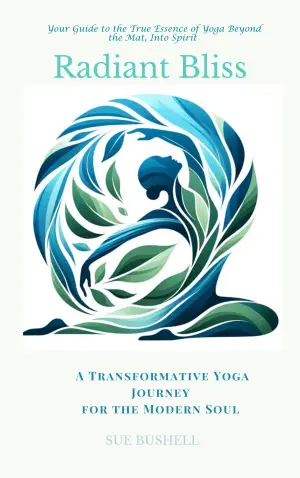Book Review: We Would Never by [Author’s Name]
As I perused the latest releases, We Would Never caught my eye with its intriguing premise. The interplay of toxic family dynamics and the murky waters of human emotion promised a tale that would tug at the heartstrings. I eagerly dove into the first chapter, confident that I was in for an exhilarating ride. However, my journey through this novel turned out to be a mixed bag, prompting reflections that I’m excited to share.
At its core, We Would Never grapples with the complexities of familial love and the instinct to protect those we cherish, even when doing so leads to murky waters. The protagonist finds themselves navigating a labyrinth of toxic relationships, and while this aspect of the story offers valuable insight into real human experiences, I found that the narrative faltered in its delivery. The middle section extended far too long, lacking the suspense I craved. What began with promise quickly morphed into a repetitive cycle of drama that did little to enrich the overarching mystery—aside from the character of Adam, whose storyline hinted at greater depths that often stayed just out of reach.
The writing style, too, posed a challenge for my engagement. The frequent shifts in character perspective felt jarring at times; clearer transitions or headers indicating whose voice we were hearing would have significantly improved the flow. Coupled with some noticeable spelling errors, these elements sometimes made it hard for me to fully immerse myself in the world the author was crafting.
Yet, amidst these quibbles, there was merit to be found. The character development showcased a range of nuanced portrayals, and I appreciated the moments where characters truly came alive. A standout for me was their struggle with their own flaws—these reflections brought a layer of depth to the narrative that I couldn’t help but admire. The emotional impact, however, left me wanting; while the resolution made sense, it didn’t resonate as powerfully as I’d hoped.
As I pondered my reading experience, I realized that We Would Never offers a feast of themes for those willing to look past its bumps. If you’re an aficionado of stories rich in familial drama and emotional complexity, this book has much to offer. However, for those who lean away from toxic character arcs or heavy drama, it may be a challenging read.
In conclusion, while We Would Never may not have fulfilled all my expectations, it certainly opened a door for reflection on the messy, beautiful tapestries of human relationships. For readers who appreciate intricate emotional storytelling—even with its flaws—this book may just resonate in a profound way. Personally, it pushed me to reflect on how we navigate our complicated connections with loved ones and what it truly means to protect those we care about.












